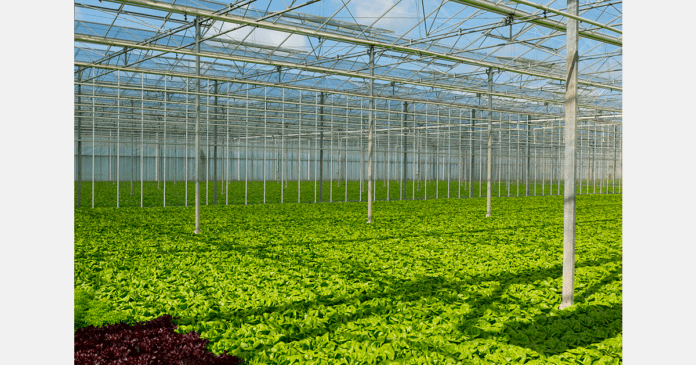The Luxembourg government is taking steps to support and enhance the vegetable farming sector in the country by advancing a new agriculture law that will enable larger greenhouse operations and provide financial backing for vegetable cultivation. This legislative move aims to boost the efficiency and sustainability of vegetable farming in Luxembourg.
Two local farms, the Kirsch family farm and Marie Goergen’s organic market garden, provide insights into the impact of the new law on their operations. The Kirsch family farm, located in the northern area of Luxembourg City, has faced challenges in the past due to historical regulations that limited greenhouse size to a maximum of 250m². Niki Kirsch emphasizes the need for a minimum of 3,000m² for sustainable infrastructure, including irrigation, ventilation, and heating systems. The family is also adopting alternative irrigation methods, such as using rainwater collected from sealed surfaces, to reduce costs and promote sustainability.
Marie Goergen, operating an organic market garden in Contern, supports the new law but advocates for balanced financial aid to support both greenhouse and traditional land farming. She cultivates 60 vegetable varieties on three hectares, with 0.8 hectares under greenhouses, and highlights the high production costs, climate uncertainties, and customer base stability as primary challenges for small farms. Goergen believes that improved support for small farms could significantly increase crop yields and overall productivity.
The new agriculture law in Luxembourg is a step towards modernizing and supporting the vegetable farming sector, ensuring that farmers have the resources and infrastructure they need to thrive in a competitive market. By enabling larger greenhouse operations and providing financial backing, the government is creating opportunities for farmers to improve efficiency, sustainability, and profitability in their operations.
Overall, the advancement of this new agriculture law in Luxembourg is a positive development for the vegetable farming sector, with the potential to drive growth, innovation, and economic prosperity for farmers across the country. With the support of the government and initiatives like this new law, farmers can overcome challenges, expand their operations, and contribute to the sustainable development of agriculture in Luxembourg.


